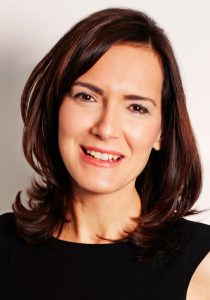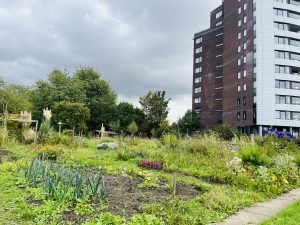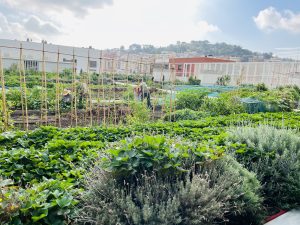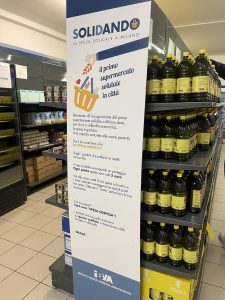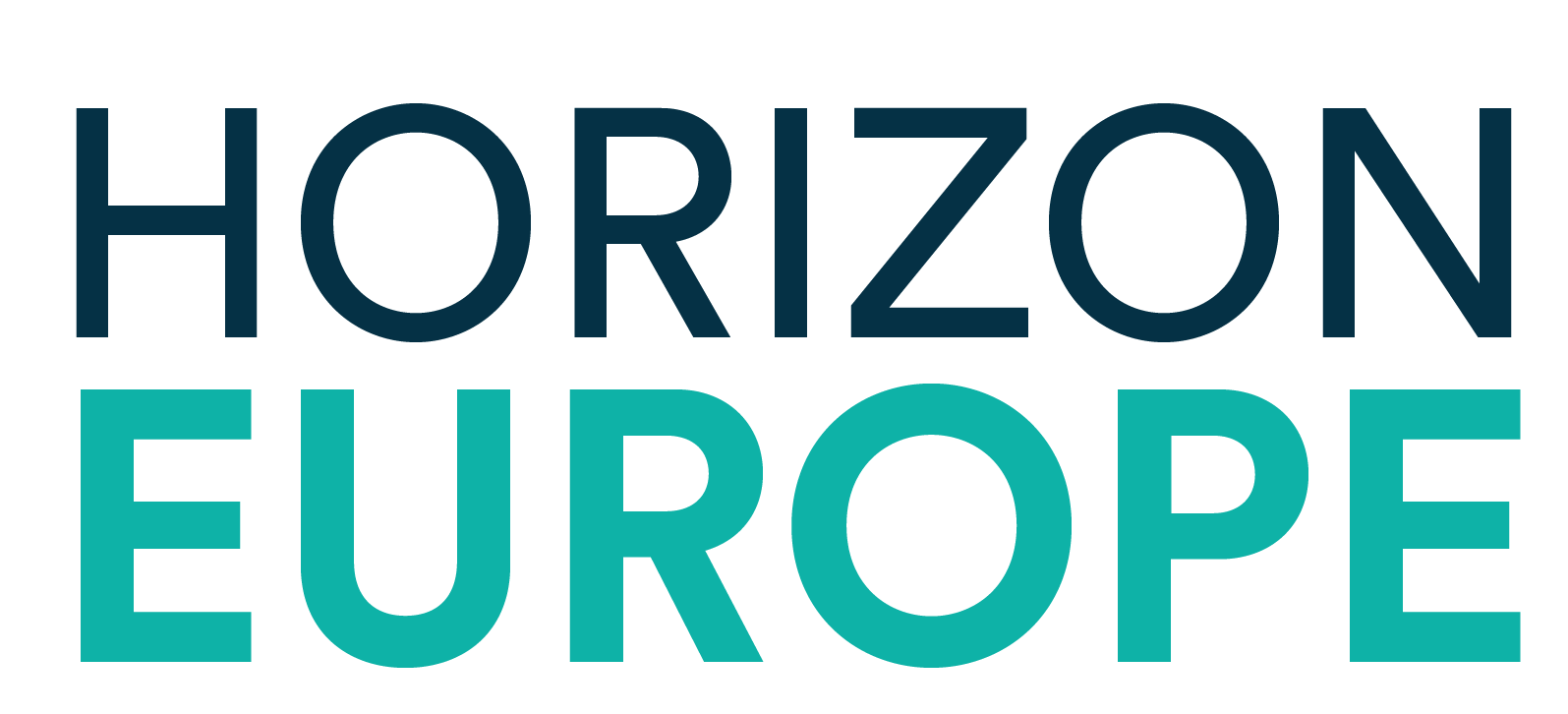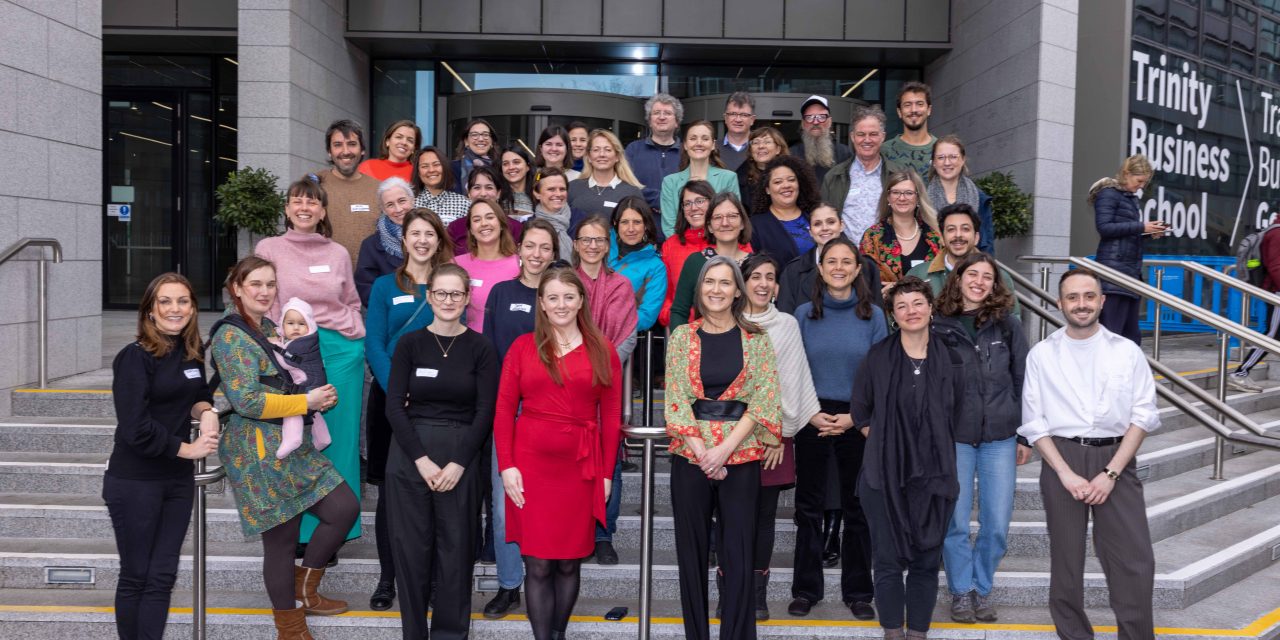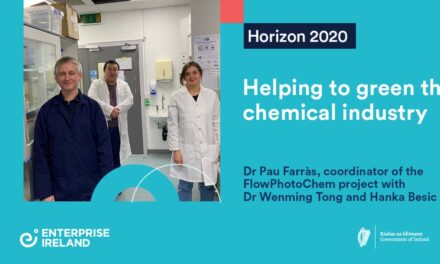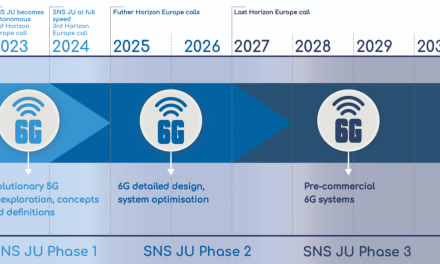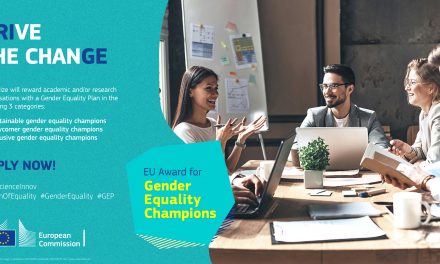“We know that the global food chain is increasingly precarious for various reasons, whether it’s climate change or war. We need to build resilience into the system,” says Professor Anna Davies of CULTIVATE, the Horizon Europe-funded project she is coordinating.
The project aims to increase awareness of food sharing initiatives (FSIs) and support greater sustainability and resilience around food sharing, particularly in urban areas, by developing a ground-breaking online social innovation platform, the Food Sharing Compass.
The compass will help policy makers, food supply actors, researchers and citizens to engage in sustainable food sharing, which includes all kinds of initiatives from seed sharing and communal cooking and eating to surplus food redistribution and community composting.
According to Davies, “non-commercial, community practices predominate in food sharing which means limited financial capital to strengthen or extend activities, even if sustainable.
“It’s about ensuring a sector of activity is recognised for the benefits and impacts that it has but also the challenges that it faces working within the current system of regulation.”
Multiple stakeholders
CULTIVATE brings together 19 partners from across Europe and from a wide range of sectors. These include food sharing initiatives themselves, international networks, social innovators, universities, and local authorities. Together these partners will co-design food sharing innovation for resilience.
“It’s not us studying FSIs and telling them what to do or telling local authorities what to do.
It’s everyone in the room together, thinking through the problems and challenges and opportunities that there might be … it’s a multi-stakeholder consortium,” says Davies, who is Professor of Geography, Environment and Society at Trinity College Dublin (TCD).
Other Irish partners in CULTIVATE include Dublin City Council, social enterprise Food Cloud and AI (artificial intelligence) researchers from the Adapt Centre.
CULTIVATE, which began in January and runs for four years, received over €9 million in Horizon funding as an Innovation Action, with €2.66 million going to the Irish partners.
Hubs and spokes
The Food Sharing Compass it is developing will be made up of the following five tools:
- a database which maps, tracks and monitors food sharing initiatives
- a food sharing calculator to assess costs, benefits and impacts
- a menu of good governance with policy options to facilitate sustainable food sharing
- a library of citizen engagement with tools to expand food sharing activity
- a sustainable food sharing community of practice for food sharing initiatives
The compass will be developed in three ‘hub’ locations and ‘six’ spoke locations across Europe. The hubs – Milan, Barcelona and Utrecht – are leaders in different areas of food sharing and will play the role of pathfinders for policy innovation around food sharing.
The tools will then be replicated and further tested in the ‘spoke’ cities, which include Dublin along with Athens, Brighton, Brno, Freiburg and Lisbon.
“We’ve done the research. We’re creating tools to support the amplification and strengthening and understanding and practice of food sharing,” Davies says.
Supporting new partners
Davies is building on work she has already completed through her European Research Council funded project SHARECITY developing ShareCity 100, a database of food sharing initiatives in 100 cities in 44 countries. She assembled the consortium from existing connections and “the connections of those connections”.
But the wide-ranging nature of the participants brought its own problems.
She notes that while the European Commission is keen to have diverse stakeholders participate in projects, the requirements around accounting and reporting remain unchanged which can be challenging for community groups who rely mostly on volunteers to undertake their work.
“A lot of these organisations that we’re working with are charities. They don’t have a lot of money, they don’t have a finance department or a HR department to help them like a local authority or a university institution would have.
“So that’s interesting and a challenge for us as coordinators because we are seeking to support new actors in the European funding scheme.”
‘Give them more’
Davies, who applied for and got funding from Enterprise Ireland to support the development of the proposal, advises those considering applying to get to work as soon as possible.
“As soon as you’re interested in a topic, it’s important to start developing the core idea and building your consortium. It just takes a long time to get the right actors involved from the outset so they can form ownership of the project.”
She also highlights how important it is to directly answer the Commission’s requirements.
“This is where the funding call is key because the reviewers will be using that to assess the proposal and you have to respond directly to the call.
“You give them what they want and you give them more and that’s what takes you to the funding position,” she says.
If you would like advice about accessing Horizon Europe support or further details, please contact horizonsupport@enterprise-ireland.com or visit www.horizoneurope.ie
